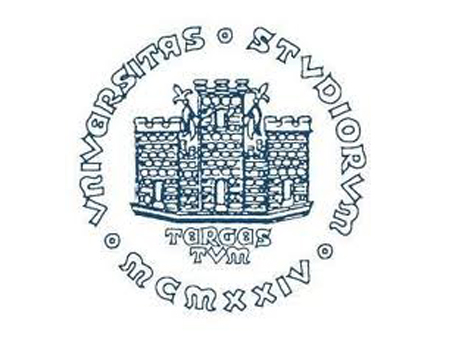20 Nov, 2017
9:00 - 13:00
Informazioni
numerical methodology, physical modelling and practical use of Computational Fluid Dynamics (CFD) and the Finite Volume Method of discretisation for continuum mechanics applications
Lecturer: Prof. Hrvoje JASAK, University of Zagreb
1) Course Overview
The course aims to provide the basics of numerical methodology, physical modelling and practical use of Computational Fluid Dynamics (CFD) and the Finite Volume Method of discretisation for continuum mechanics applications.
2) What courses & programmes must have been taken before this course?
Mathematics, Fluid Dynamics, Thermodynamics
3) What other courses must be taken with this course?
None
4) Course Description
The course shall cover the basic principles of continuum mechanics and physical modelling in fluid flow simulations. The objective of the course is to provide the user with sufficient background knowledge to understand the principles of physical modelling and numerical techniques needed to use a CFD package in solution of industrially relevant cases.
5) Course Outcome
On completion of the course, attendees shall be able to create a computational mesh using commercial or open source tools, set up a numerical simulation for a steady and transient fluid flow in a complex geometry, produce a solution and interpret results in a meaningful way.
6) Course Tools
Practical CFD work within the course shall be performed using OpenFOAM, a popular open source CFD package.
This course will involve fundamentals of continuum mechanics partial differential equations (PDEs), issues related to structure and generation of a Finite Volume type computational mesh, introduction to computational linear algebra, discretisation techniques and numerical schemes to solve PDE problems, and an overview of numerical procedures for the solution of coupled equation sets. Relevant physics models for steady and transient turbulent fluid flow and heat transfer shall also be reviewed. Hands-on sessions with OpenFOAM shall be used to develop practical CFD skills of attendees.
7) Contact Teaching Time
Lecture duration: 8-10 hours
Practical exercises: 6 hours
Student project (home work): 20 hours
8) Assessment
Course assessment shall be performed using a combination of oral examination and student project.
9) Lecture Plan - Schedule
20 November 2017 (4 hours)
- Historical Note and Overview of Physical Modelling
- Mesh generation and handling
- The Finite Volume Method: understanding and discretization of the scalar transport equation
- Practical work with OpenFOAM Library
21 November 2017 (4 hours)
- Pressure-velocity coupling for incompressible and compressible flows
- Practical work with OpenFOAM Library
18 December 2017 (3-4 hours)
- Introduction to turbulence modelling for CFD
- Practical work with OpenFOAM Library
19 December 2017 (3-4 hours)
- Practical work with OpenFOAM Library


